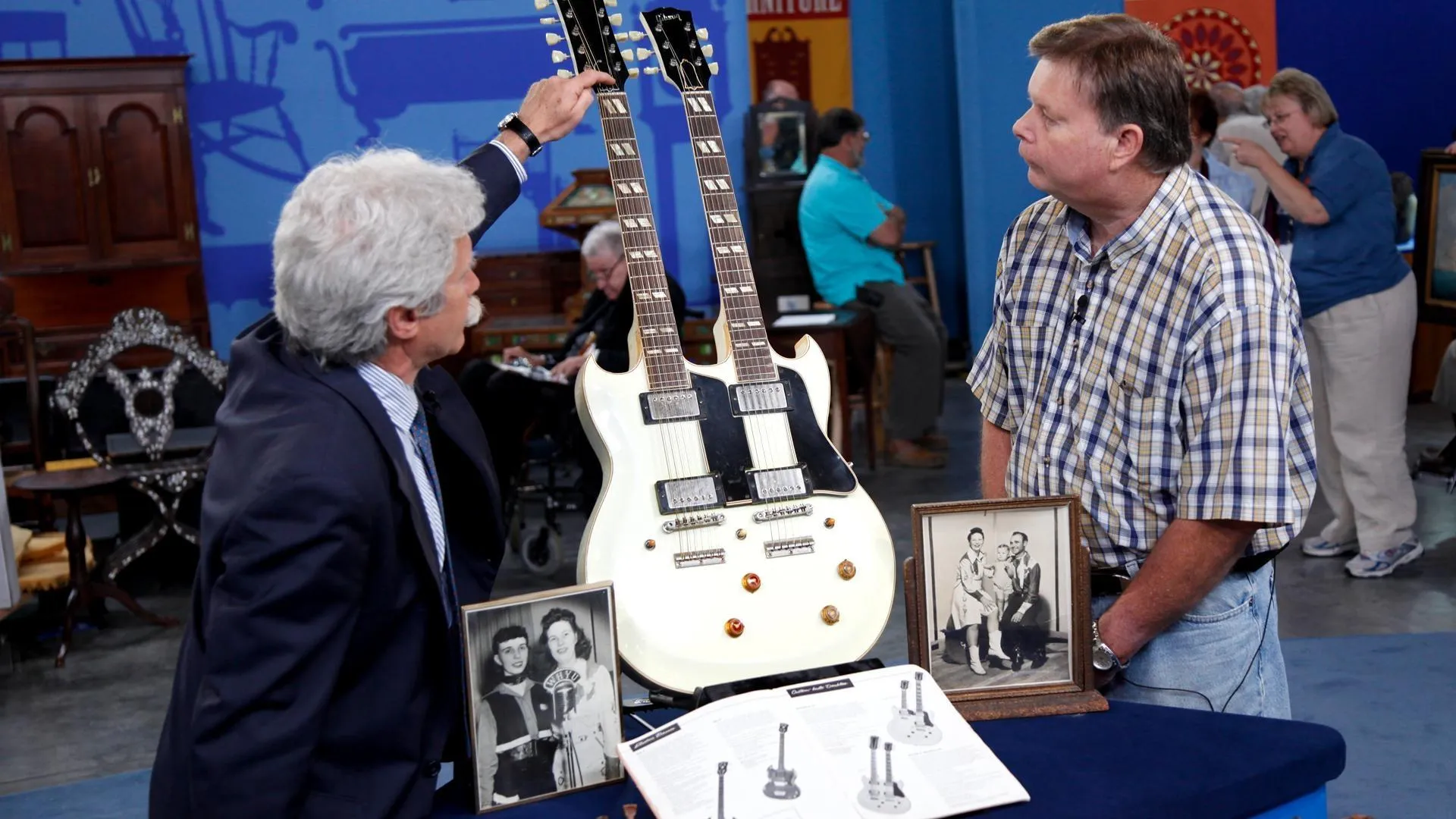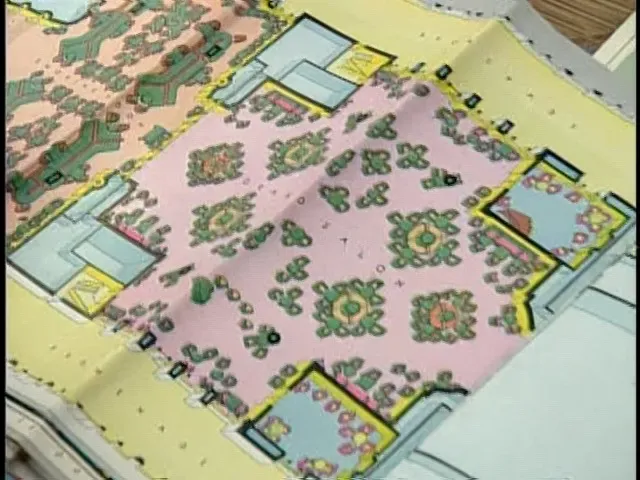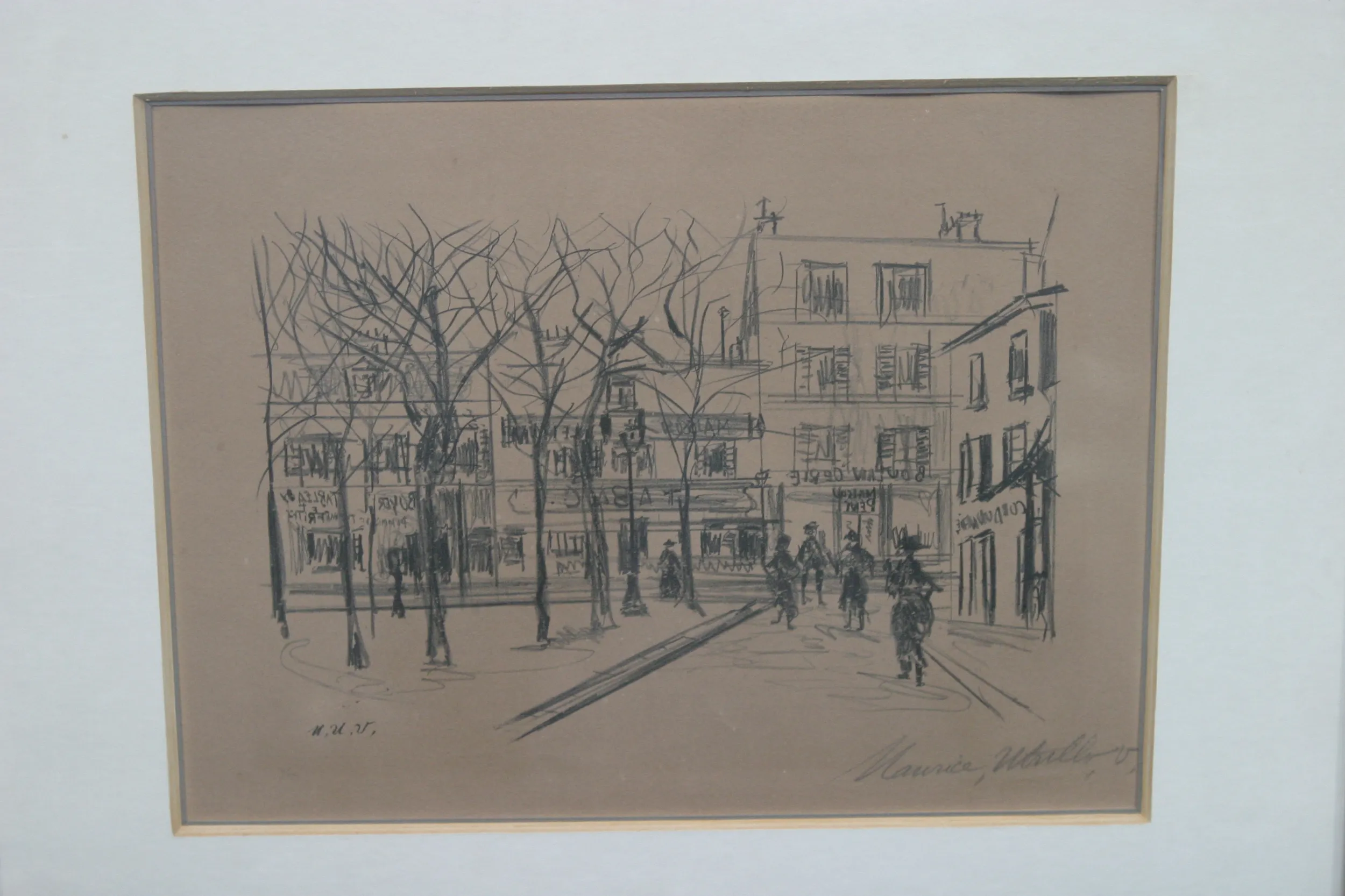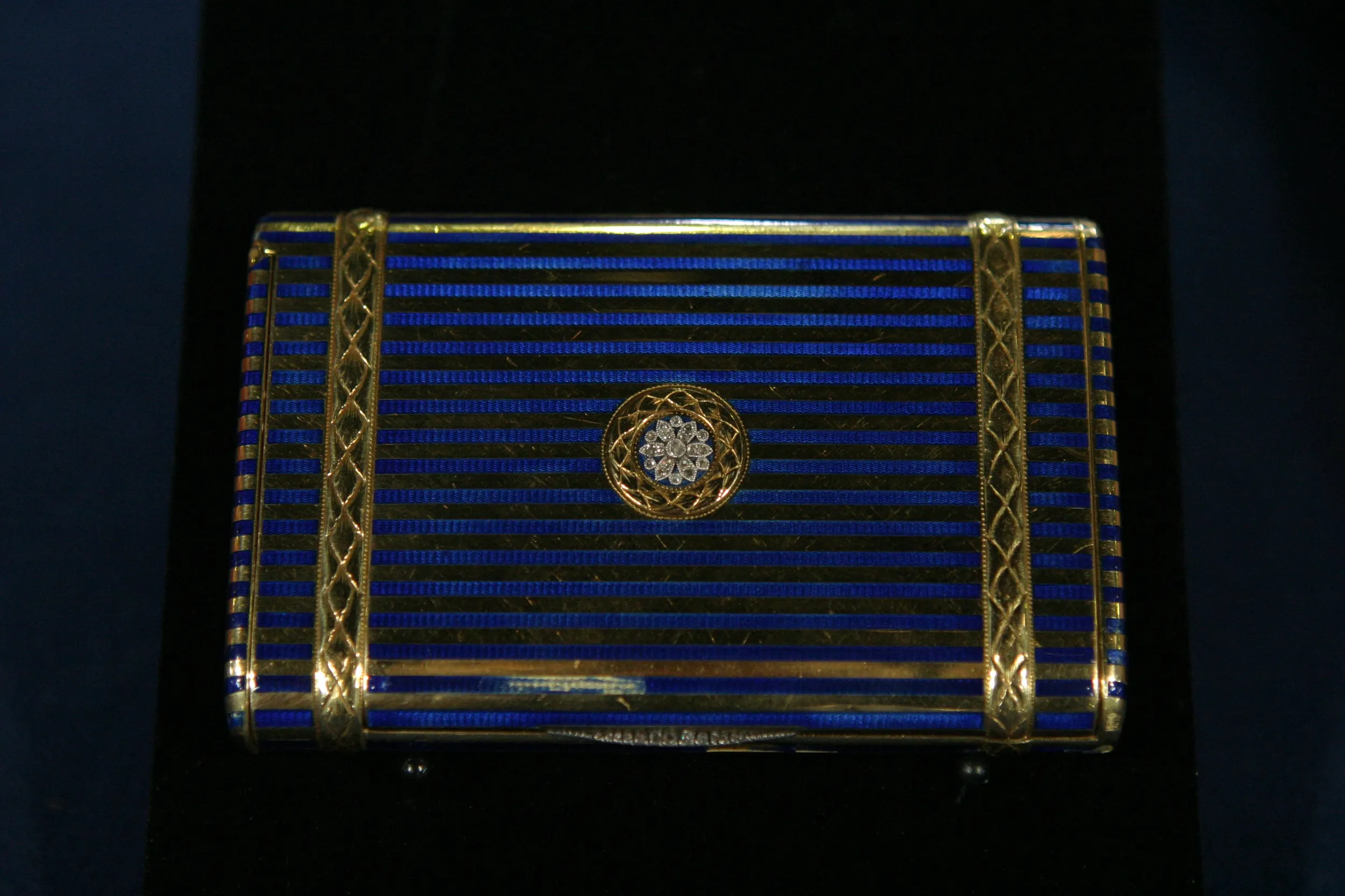GUEST: I brought in a... what I think is a Confederate frock coat that I was told belonged to my great-great-grandfather, who was a general in the Civil War. However, I have not been able to authenticate it exactly that it was his, but am trying to do that.
APPRAISER: What was his name?
GUEST: He was Alfred Moore Scales.
APPRAISER: He was a brigadier general in the war. He was later governor of North Carolina. Quite important man. What makes you think it is a Civil War coat?
GUEST: It has the CSA on the buttons. It looks like a Civil War coat that I've seen on the Internet, and I just assumed that it was.
APPRAISER: It's visually just a beautiful coat. It has a perfect cut, it is called a frock coat, because it's the long gentleman-style coat. It has the double row of buttons, being a double-breasted frock coat. It has the single star insignia. And what does the single star mean?
GUEST: I had always thought it meant that it was a brigadier general, but I was surprised to find out that it was a major.
APPRAISER: And where the difference comes is in the Union insignia, a single star does mean brigadier general. But in the Confederacy, it means major. I've got some good news, and I've got some not-so-good news.
GUEST: Okay.
APPRAISER: It's not his Civil War coat.
GUEST: Okay.
APPRAISER: We know that very quickly. Because if you notice up here, what do we have? Behind the dry cleaner's tag.
GUEST: A label.
APPRAISER: We've got the label "M.C. Lilley."
GUEST: Uh-huh.
APPRAISER: M.C. Lilley wasn't in business until after the Civil War. They were in Cincinnati, Ohio.
GUEST: Okay.
APPRAISER: And this is the classic style coat that you would buy from Lilley. They actually had them in the back of the Confederate Veteran magazine. And the buttons have "UCV" around the flag, which lets us know that it's United Confederate Veterans, which is the reunion organization of Confederate soldiers from the Civil War. They've got the dates of the war-- 1861 to 1865.
GUEST: Right.
APPRAISER: That's another thing that we know it wasn't his during the war, because they wouldn't have known when the end was going to be. And there's a couple of other things that you look for on one of these coats. If you notice, all of the stitching is machine-sewn. The machine sewing wasn't the case on a Civil War period coat.
GUEST: Okay.
APPRAISER: The sleeves-- where generally you have an open cuff on a Civil War, where you can roll it up like a shirtsleeve...
GUEST: Right.
APPRAISER: this one is all one piece. That's a nonfunctioning cuff, and they wore this style coat on up, and it was real popular from about 1900 to 1930, and they could have worn it later. So it's most likely an early 1900s... If I had to bet, I'd say it's right in there. And the reason you don't see a lot of these coats, a lot of times, the veterans were actually buried in them. Plus, they would wear them at the reunions for 20, 30 years, and that would wear your coat out. So, is it your ancestor's coat? Probably not.
GUEST: Okay.
APPRAISER: Generally, you could be a rank during the war and you could rise afterwards, but it would be an insult to give a major's coat to a man that was a general, not to mention an important general like your ancestor.
GUEST: Right.
APPRAISER: So somewhere along the line there must have been a family member somewhere that the coat belonged to, still an important man and a well-to-do man, because he had this expensive coat. It's in great shape, it's beautiful. It's got all of the buttons. Most of the time, the buttons are missing. This is a coat that would retail around $4,000, which is very good for a veteran's coat. If it was a Civil War Confederate general's coat, the last one I saw sell brought $150,000.
GUEST: Okay, okay.
APPRAISER: But it's a beautiful piece, and you've helped us learn some things today.
GUEST: Well, it's valuable information that I needed to know and it was very difficult to find out. This coat was dry-cleaned several decades ago. Is that a good idea?
APPRAISER: I would never recommend dry cleaning a Civil War coat. There are textile preservationists out there that can treat the coat the way it should be done.
GUEST: Okay. Well, thank you.









